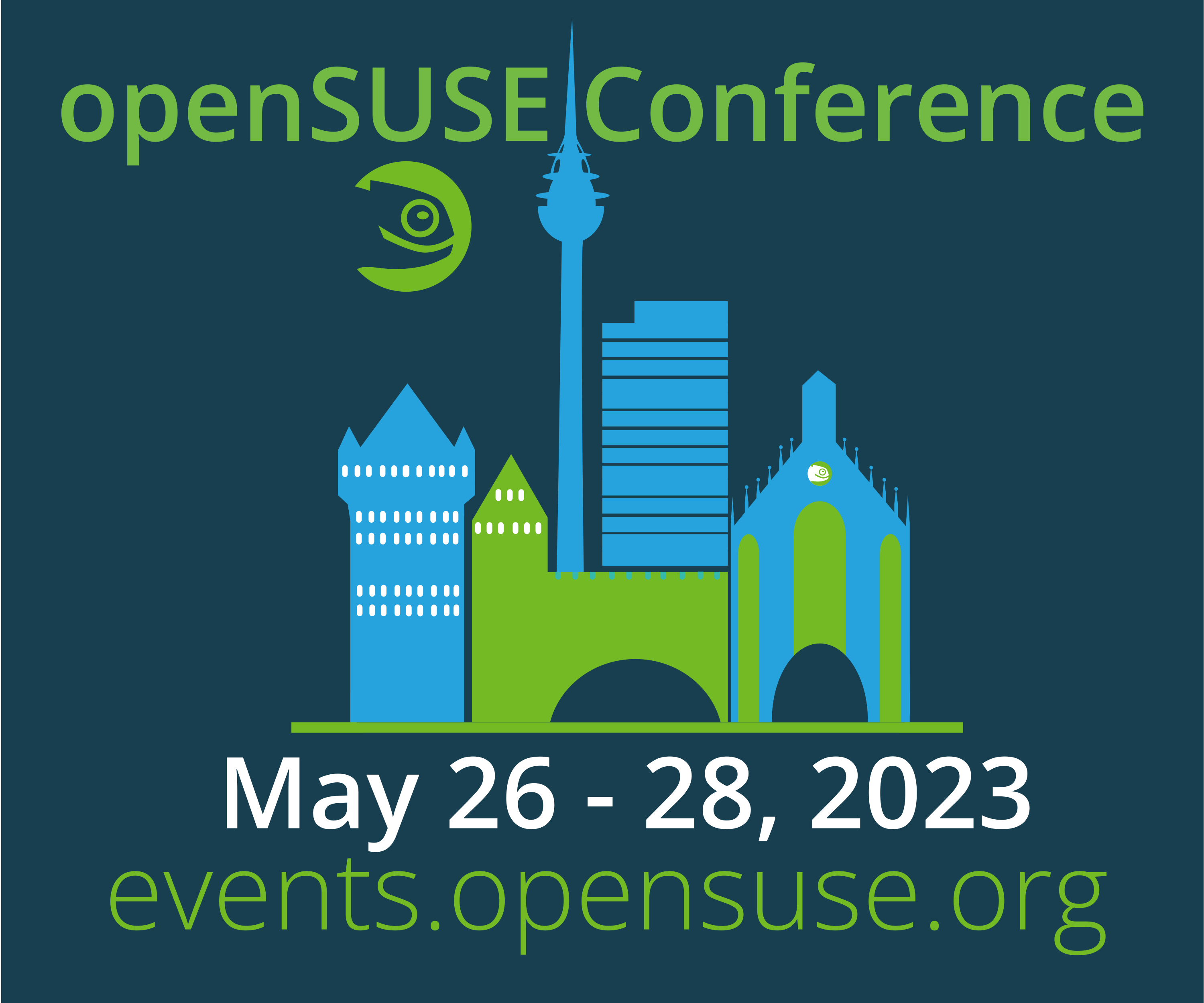Packaging for a distribution means taking sources from upstream
projects, applying fixes and modifications, adding some
configuration and then build the result by calling some commands.
RPM formalized the process following a "pristine sources" model. The
approach is basically to take the unmodified sources as released by
upstream and store required changes in the form of patches as well
as a build description next to them.
Times have changed. The distributed version control system git
dominates the free software world. Juggling tarballs and manually
applying patches is no longer a natural workflow. Packager life
could be much easier if downstream changes could be applied by means
of git too, skipping tarballs.
This talks presents a way how to apply the pristine source idea to a
git based world, without history rewriting in the distro repo.
Packaging for a distribution means taking sources from upstream
projects, applying fixes and modifications, adding some
configuration and then build the result by calling some commands.
RPM formalized the process following a "pristine sources" model. The
approach is basically to take the unmodified sources as released by
upstream and store required changes in the form of patches as well
as a build description next to them.
Times have changed. The distributed version control system git
dominates the free software world. Juggling tarballs and manually
applying patches is no longer a natural workflow. Packager life
could be much easier if downstream changes could be applied by means
of git too, skipping tarballs.
This talks presents a way how to apply the pristine source idea to a
git based world, without history rewriting in the distro repo.
